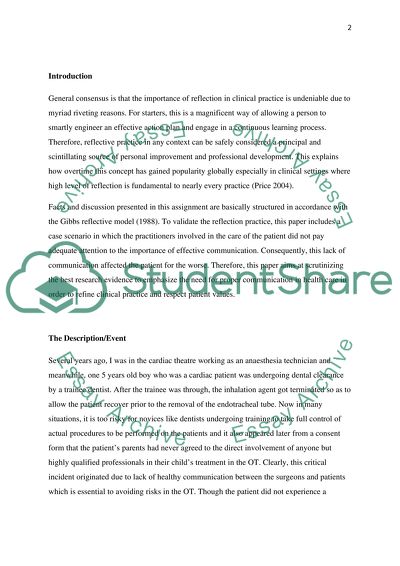Cite this document
(The Importance of Effective Communication and Reflection Practice in Essay, n.d.)
The Importance of Effective Communication and Reflection Practice in Essay. Retrieved from https://studentshare.org/health-sciences-medicine/1617428-reflective-assignment
The Importance of Effective Communication and Reflection Practice in Essay. Retrieved from https://studentshare.org/health-sciences-medicine/1617428-reflective-assignment
(The Importance of Effective Communication and Reflection Practice in Essay)
The Importance of Effective Communication and Reflection Practice in Essay. https://studentshare.org/health-sciences-medicine/1617428-reflective-assignment.
The Importance of Effective Communication and Reflection Practice in Essay. https://studentshare.org/health-sciences-medicine/1617428-reflective-assignment.
“The Importance of Effective Communication and Reflection Practice in Essay”, n.d. https://studentshare.org/health-sciences-medicine/1617428-reflective-assignment.


